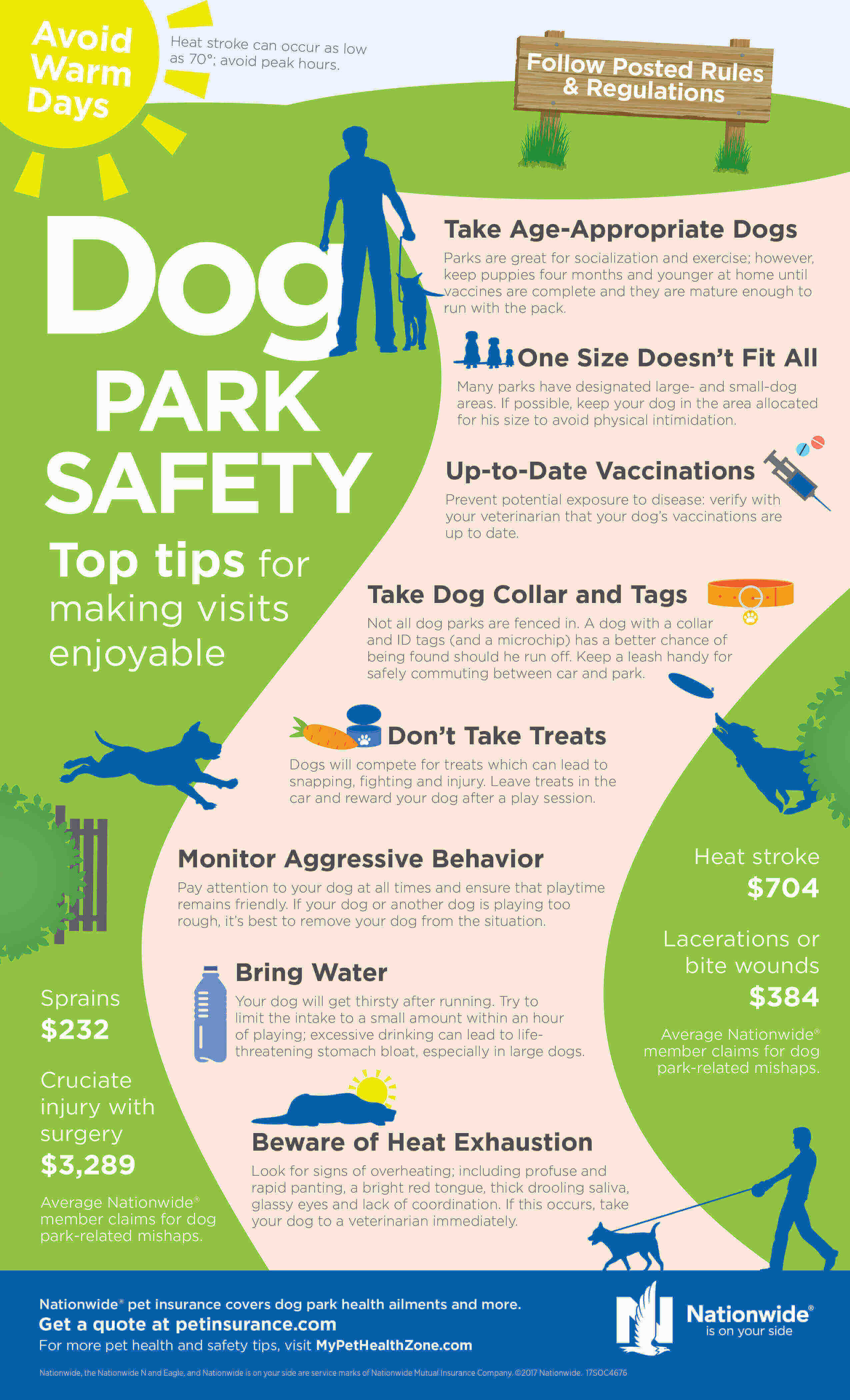How Dog Daycare Helps Socialization
How Dog Daycare Helps Socialization
Blog Article
Can Pet Daycare Cause Illness?
Pets in day care get lots of workout, socialization with various other pets and distinct experiences. This can be particularly helpful for pups and canines with behavior problems.
There are a number of lawful factors to consider you require to consider when starting a dog childcare organization. These consist of the framework of your business and compliance with government policies.
1. Dog Distemper
Canine distemper is spread out via straight contact with the physical liquids and waste of a contaminated dog, but it can also be transmitted through shared water and food bowls or through airborne droplets. This extremely infectious health problem is most hazardous for pups, yet it can influence pet dogs of any kind of age and is deadly for a lot of if left unattended.
First signs and symptoms of canine distemper often mimic a common cold, including dripping eyes and nose with watery or pus-like discharge. As the condition proceeds, a pet dog will certainly establish fever, coughing, decreased appetite, vomiting and diarrhea. The infection can additionally assault the nerve system, leading to seizures, jerking and partial or total paralysis.
Credible childcares minimize direct exposure to infection by needing vaccinations, routine health examinations and follow strict health methods. If your dog appears excessively exhausted or limping, a day of rest might aid him recuperate, however you ought to avoid taking him back to childcare up until these signs clean up.
2. Kennel Cough
Kennel coughing, additionally called contagious canine tracheobronchitis or Bordetella, is an extremely contagious viral or bacterial condition that impacts the breathing tract. It's generally moved with the exchange of saliva or air droplets that a sick pet breathes out. Social pet dogs are at higher threat for infection because of their regular interaction with one another, such as when they play, share food or water, smell one another or simply fulfill in a jampacked atmosphere like a canine park or daycare.
The most usual sign of kennel cough is a persistent and strong coughing that sounds like something embeded the throat or retching. Commonly, pet dogs will divulge foamy white phlegm. If left neglected, a dog can create pneumonia and be at serious threat permanently.
A credible day care facility need to have stringent cleaning and hygiene procedures, sanitize all playthings, food and water bowls frequently, and be open about their vaccination plans. Keeping your pet as much as date on their inoculations, particularly for bordetella and canine influenza, will substantially decrease their chances of getting the disease.
3. Parvovirus
Canine parvovirus, or parvo, is a very infectious viral illness that can be harmful for young puppies and young adult pet dogs with poor body immune systems. It's most typically spread out by direct contact with contaminated pet dog feces-- which can occur when pets sniff, lick, or preference infected feces-- and indirectly from infected people, things, or atmospheres (like kennels, brushing spaces and grass). Puppies and pets without complete inoculation histories are specifically susceptible to parvo.
The infection is extremely durable, surviving in the setting for up to 9 years, and can easily be moved between pets by contact via feces or on shoes, apparel, and bed linen infected with parvovirus. If not dealt with right away with IV liquids, electrolyte balance, throwing up control medications and anti-biotics to prevent additional microbial infections, a dog will quickly dry out and establish extreme diarrhea, which causes shock and sepsis. Parvo is tough to cure when a pet has ended up being ill, but boarding for dogs with proper vet care, lots of pups do survive this health problem.
4. Canine Influenza
Pooch influenza virus is extremely transmittable and spreads through straight contact, sharing food and water bowls, licking or nuzzling other pets, through airborne beads, and through polluted surface areas. Vaccination works in lowering the danger of infection and episodes.
Most impacted pets develop a moderate respiratory system infection with a cough that lasts 1-3 weeks. They might additionally have nasal and ocular discharge, sneezing, and sleepiness. Several of the most severe cases lead to pneumonia and a high fever.
If your pet exhibits any of these signs and symptoms, do not bring them back to daycare up until they are healthy and balanced. If your pet is showing indicators of extreme tiredness or hopping, talk to your vet today and ensure they get on healthiness supplements to help develop their resistance. A veterinarian will examine your canine for signs and symptoms of the flu by taking an example from the nose or throat, and blood tests can be done to validate.